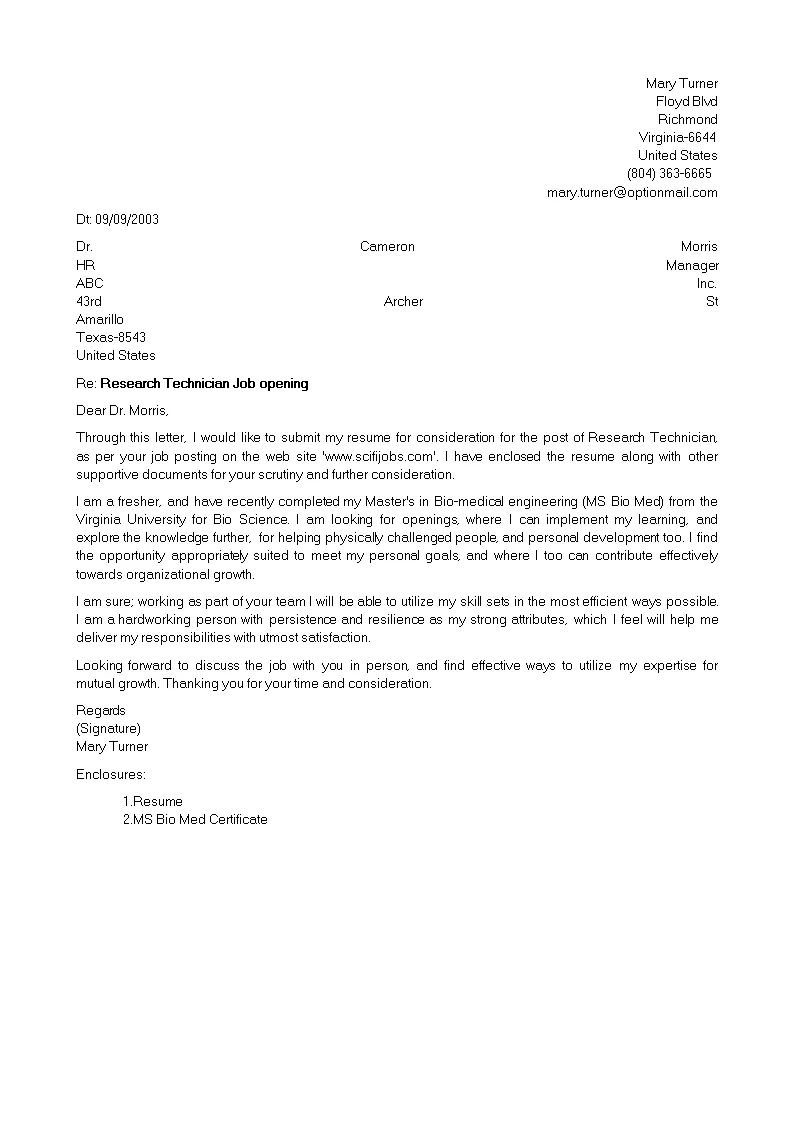Crafting Your Construction Cover Letter
A construction cover letter is your first chance to make a positive impression on a potential employer. Even with no prior experience in the construction industry, a well-crafted cover letter can significantly increase your chances of getting hired. This document serves as a bridge, connecting your skills, experiences, and enthusiasm with the specific requirements of the job. The goal is not just to list your qualifications but to demonstrate how your unique background aligns with the company’s needs and what you can bring to the team. It’s about selling yourself in the best possible light, showing your eagerness to learn, and highlighting your potential to contribute to the company’s success. Remember, a strong cover letter is more than just a formality; it’s a powerful tool for opening doors and kick-starting your construction career.
Highlighting Transferable Skills
When you lack direct construction experience, the focus should shift to transferable skills. These are skills you’ve acquired in other jobs, educational settings, or volunteer experiences that are applicable to the construction field. Identify these skills and find ways to showcase them within your cover letter. Think about skills like project management, teamwork, problem-solving, communication, and attention to detail. These are universally valuable and can easily translate to the construction environment. For example, if you have experience leading teams, managing projects, or resolving conflicts, highlight these in your cover letter. Be specific about how you’ve used these skills, the situations in which you used them, and the positive outcomes that resulted. The more concrete your examples, the more compelling your cover letter will be.
Skills from Previous Jobs
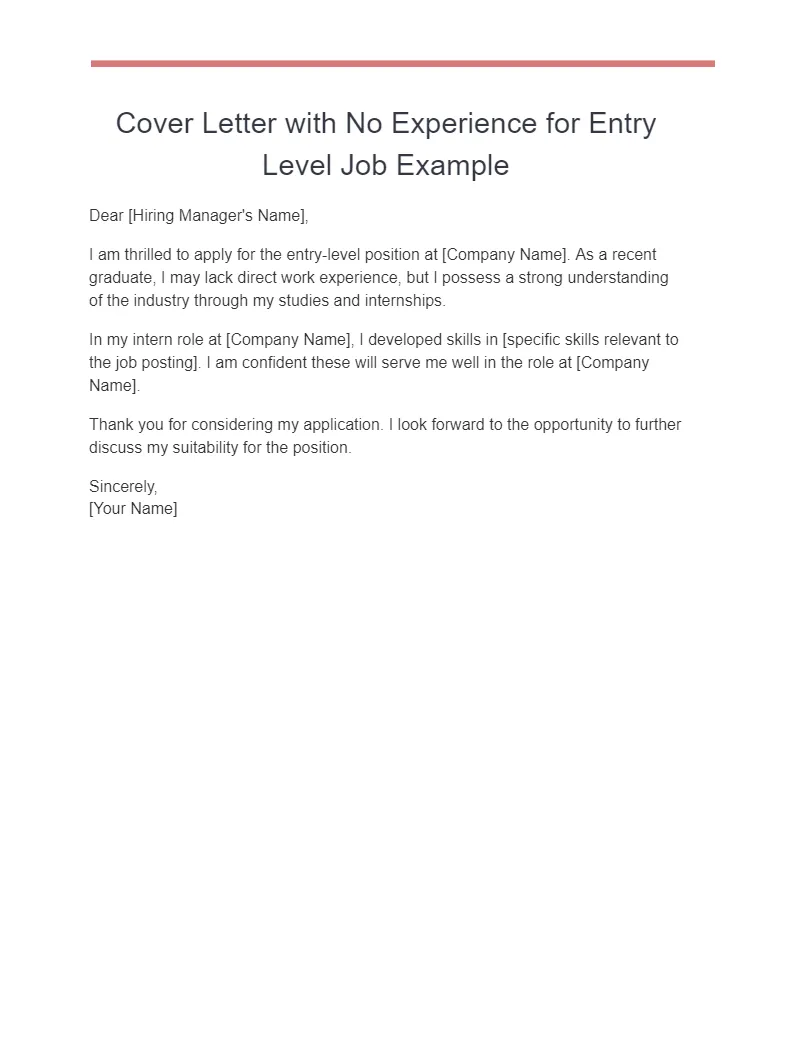
Even if your previous jobs weren’t in construction, they likely involved skills relevant to the field. Did you work in retail? That experience might have taught you how to interact with customers, handle money, and manage inventory. Did you work in a warehouse? You might have gained experience in organizing and managing materials. If you worked in any type of customer service, this will show that you have the communication skill required for dealing with customers and colleagues. Review your past employment history carefully and identify the skills that align with the construction job you’re applying for. Quantify your achievements whenever possible, such as, ‘Managed a team of five employees,’ or ‘Increased sales by 15%.’ This data will show the employer your capabilities.
Skills from Education
Your education can be a valuable asset, even if your degree isn’t directly related to construction. Courses in mathematics, physics, or engineering provide a solid foundation in problem-solving and analytical thinking. Moreover, any project work or group assignments in your education demonstrates your ability to work collaboratively, manage your time, and deliver results under pressure. Emphasize your technical skills, such as proficiency in software or tools relevant to construction management. If you have taken courses that require you to read blueprints, manage projects, or use construction-related software, make sure you prominently include these details in your cover letter. Additionally, highlight any academic achievements or honors, as these can demonstrate your dedication and ability to excel.
Skills from Volunteer Work
Volunteer work provides an excellent opportunity to acquire new skills and demonstrate your willingness to contribute. Think about any volunteer experiences you’ve had, such as community projects, environmental cleanup efforts, or charity construction projects. These experiences often involve tasks that require teamwork, manual labor, and problem-solving skills. Highlight the skills you’ve gained, such as working with tools, following instructions, or collaborating with a team. Even if your volunteer work wasn’t directly related to construction, it can demonstrate your commitment and ability to work hard. Frame these experiences as opportunities to develop your skills, showing the employer your desire to learn and contribute. If you have any experience in leadership roles within a volunteer project, make sure to highlight this as it shows you can manage your time.
Showcasing Your Enthusiasm and Passion
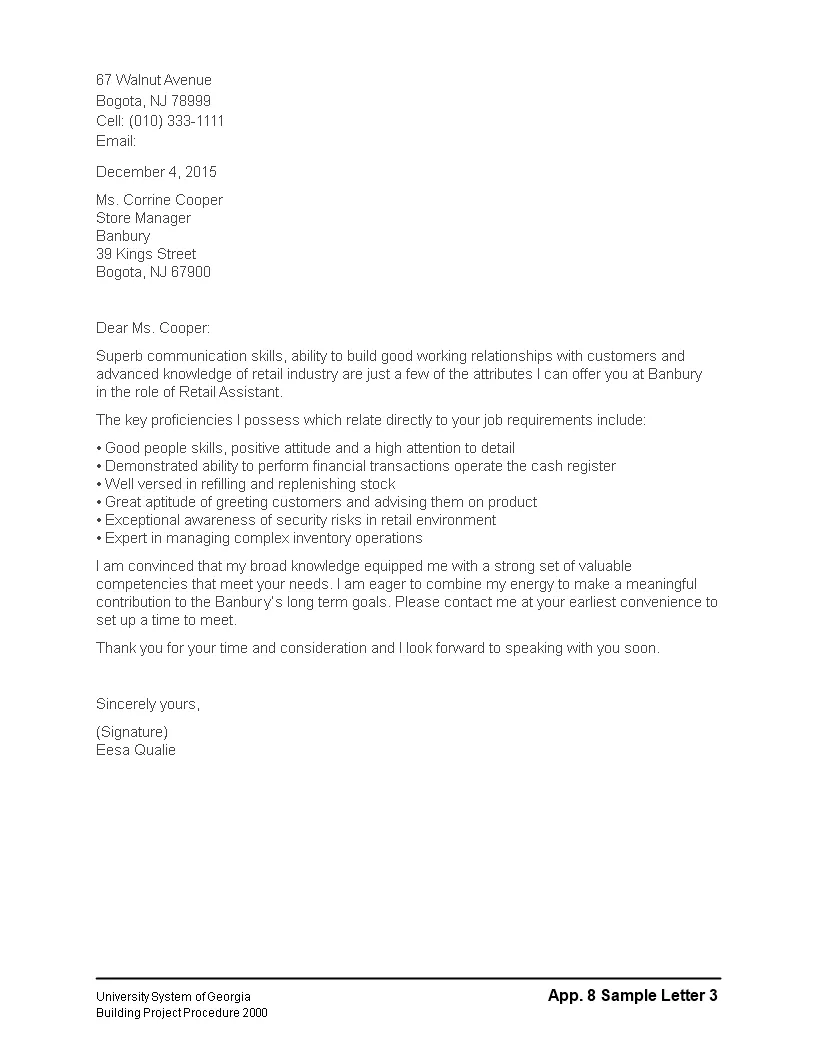
Your enthusiasm and passion for the construction industry can set you apart from other applicants. In your cover letter, make it clear why you’re interested in a construction career. Express your excitement about the opportunity to learn new skills, contribute to tangible projects, and be part of a collaborative team. Share what inspires you about construction – perhaps it’s the opportunity to see projects come to fruition or the chance to work outdoors. Let the employer see your genuine interest and willingness to invest in the company. This can be particularly powerful for those with no direct experience as it conveys your desire to build a career in construction. Moreover, mentioning specific projects or aspects of construction that fascinate you can personalize your application and give the employer a better sense of your interests.
Researching the Company
Before you start writing, research the company to tailor your cover letter effectively. Visit their website, read about their projects, and understand their values and culture. Mentioning specific projects or aspects of the company that resonate with you shows that you’ve done your homework. This level of detail demonstrates genuine interest and commitment. If you find any company initiatives or projects that align with your interests or skills, be sure to highlight them. For instance, if the company focuses on sustainable construction, and you have an interest in sustainable building practices, make sure to mention this. Tailoring your cover letter to the specific company and the job requirements proves that you are invested and seriously considering the opportunity.
Tailoring Your Letter to the Job
Each construction job is unique, and your cover letter should reflect that. Carefully read the job description and identify the skills and qualifications the employer is seeking. Then, customize your cover letter to emphasize the skills and experiences that directly match those requirements. Use the same keywords and phrases from the job description to demonstrate that you meet the job’s needs. Provide specific examples of how you’ve demonstrated these skills in the past. If the job emphasizes teamwork, provide examples of your teamwork skills. If the job mentions specific software or tools, mention your proficiency with them. Customizing your cover letter ensures that you are presenting yourself as the ideal candidate for the specific role, enhancing your chances of getting an interview.
Structuring Your Construction Cover Letter
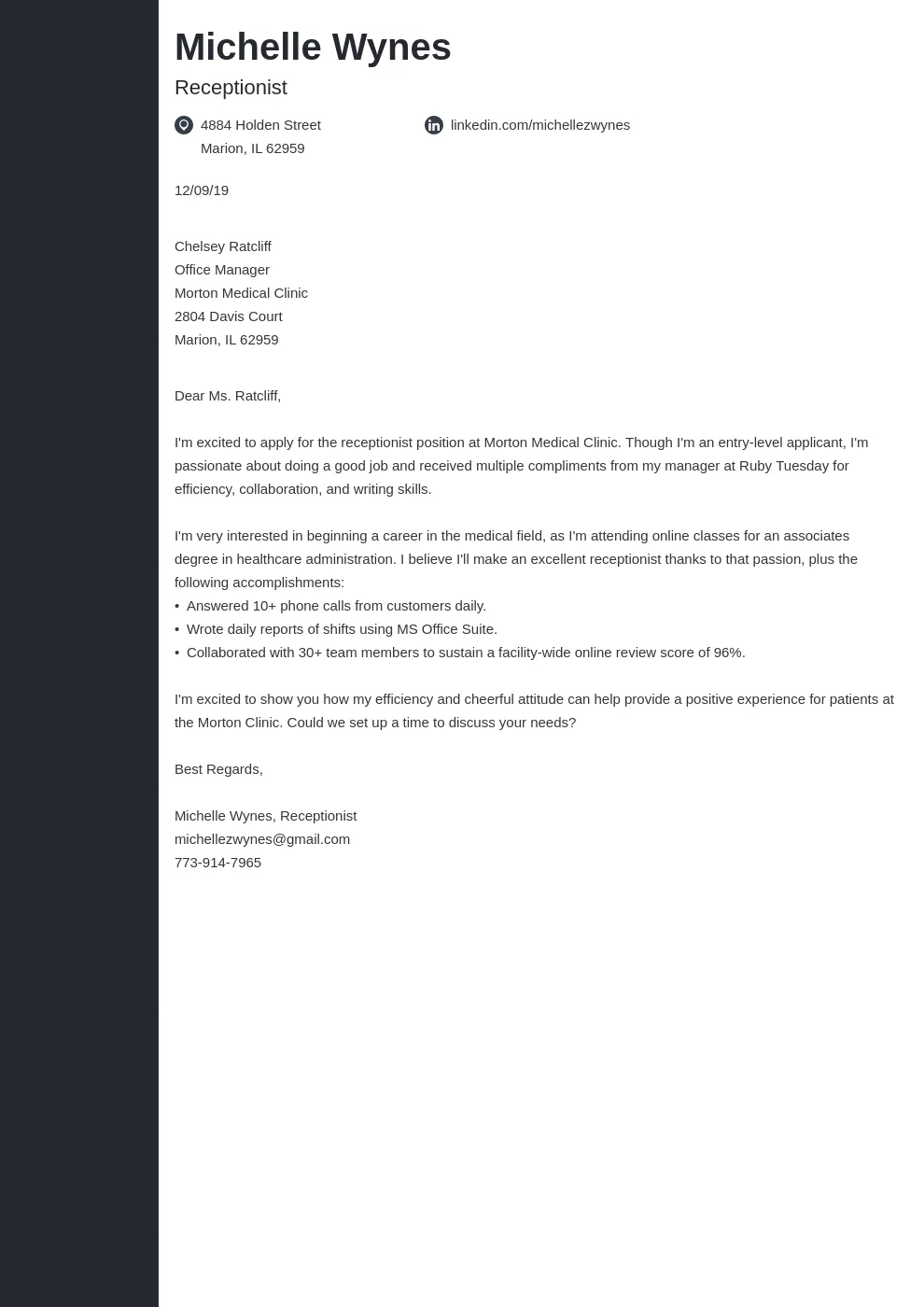
A well-structured cover letter is easy to read and highlights your key qualifications. Follow the standard format and structure to ensure that your letter is clear, concise, and impactful. The structure provides a clear roadmap for your message and helps the hiring manager quickly assess your suitability for the role. Ensure your cover letter is easy to scan and includes all the necessary information. A well-structured letter enhances the overall impact of your application. Make sure your content is organized, professional, and free of errors to make a positive impact on the hiring manager.
Header & Contact Information
Start with a professional header that includes your full name, address, phone number, and email address. Also, include the date and the hiring manager’s name and title (if known) along with the company’s name and address. Ensure your contact information is accurate and up-to-date. This allows the hiring manager to contact you easily. The header should be properly formatted and aligned for a polished look. Always use a professional email address; avoid using informal or unprofessional email addresses.
Opening Paragraph
The opening paragraph is your chance to grab the reader’s attention. State the position you are applying for and where you found the job posting. Briefly mention why you are interested in the role and what skills or qualities you possess that make you a good fit. Keep this paragraph concise and engaging. Expressing your enthusiasm right from the start is key. This paragraph sets the tone for the rest of your letter, so make it count. Your goal is to make a strong first impression and encourage the reader to continue reading.
Body Paragraphs Highlighting Skills
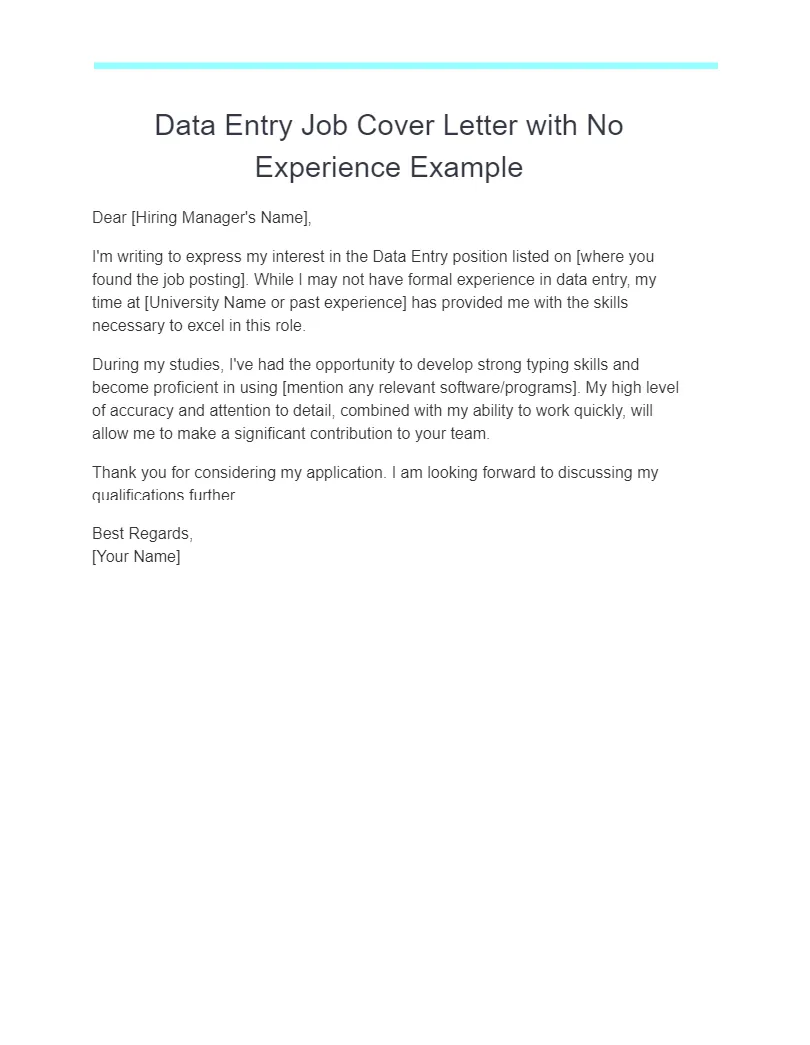
This section is the heart of your cover letter. Use these paragraphs to expand on your transferable skills, providing specific examples of your accomplishments. Focus on the skills mentioned in the job description and demonstrate how you’ve used them in previous roles, educational settings, or volunteer work. Quantify your achievements whenever possible by using numbers and data to show the impact of your skills. Maintain a professional tone and use clear, concise language. Focus on the most relevant skills and experiences. The body paragraphs should clearly demonstrate the value you can bring to the company.
Closing Paragraph
In your closing paragraph, summarize your interest in the position and reiterate your qualifications. Express your enthusiasm for the opportunity to contribute to the company and thank the hiring manager for their time and consideration. Include a call to action, such as stating that you are available for an interview and eager to discuss how you can add value to the team. End with a professional closing, such as “Sincerely” or “Best regards,” followed by your full name. Make sure you check for any grammatical errors.
Proofreading and Editing Your Letter
Proofreading and editing your cover letter is essential for ensuring that it’s free of errors and presents you in the best possible light. Before submitting your application, carefully review your cover letter for any typos, grammatical errors, and inconsistencies. Use spell-check and grammar-check tools, but don’t rely on them entirely. Read your letter aloud to catch any awkward phrasing or sentences that don’t flow well. Consider asking a friend or family member to review your letter for a fresh perspective. Proofreading ensures a polished, professional presentation. Make sure to also review formatting, spacing, and font consistency. Ensure all information is accurate and up to date.
Common Mistakes to Avoid
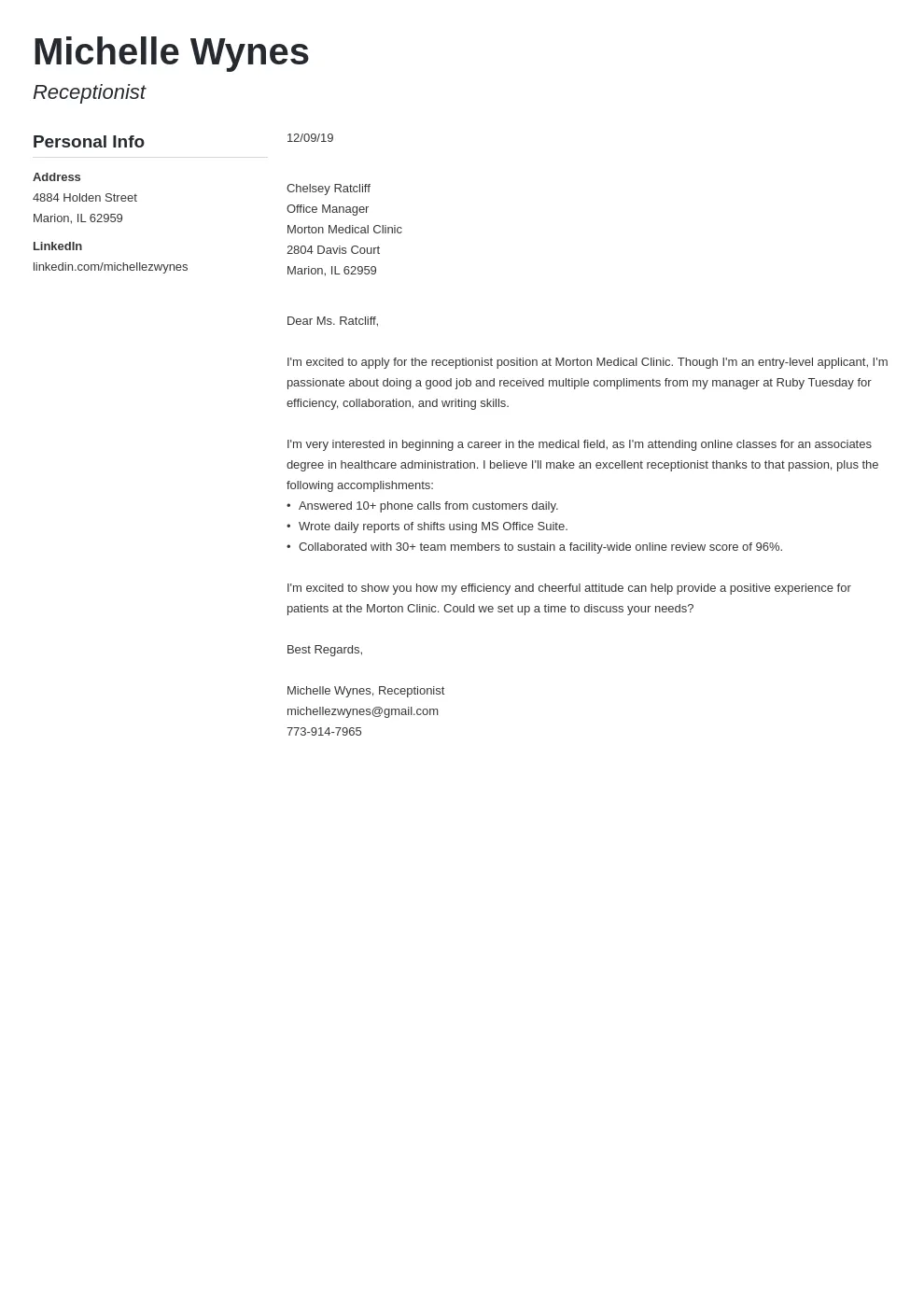
Avoid common mistakes that can undermine your application. Do not use generic cover letters; always tailor your letter to each job. Avoid listing irrelevant information or including too much personal information. Do not make the letter too long; keep it concise and focused. Never use jargon or overly technical language that the hiring manager may not understand. Avoid negative language or complaining about past experiences. Ensure that your tone is professional and enthusiastic. Proofread your letter thoroughly to catch any errors and ensure that your contact information is accurate and up to date. By avoiding these common mistakes, you can significantly increase your chances of making a positive impression and securing an interview.
